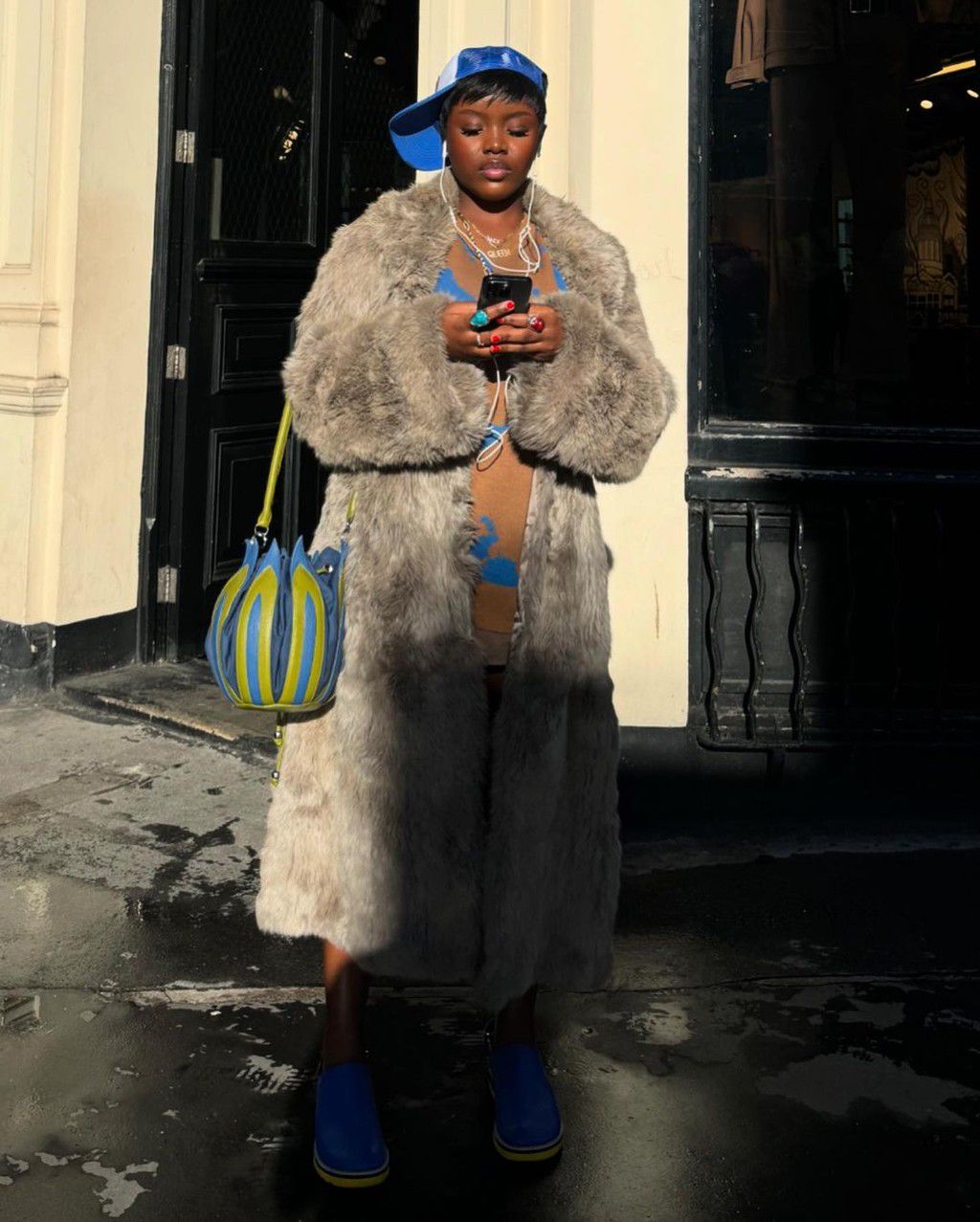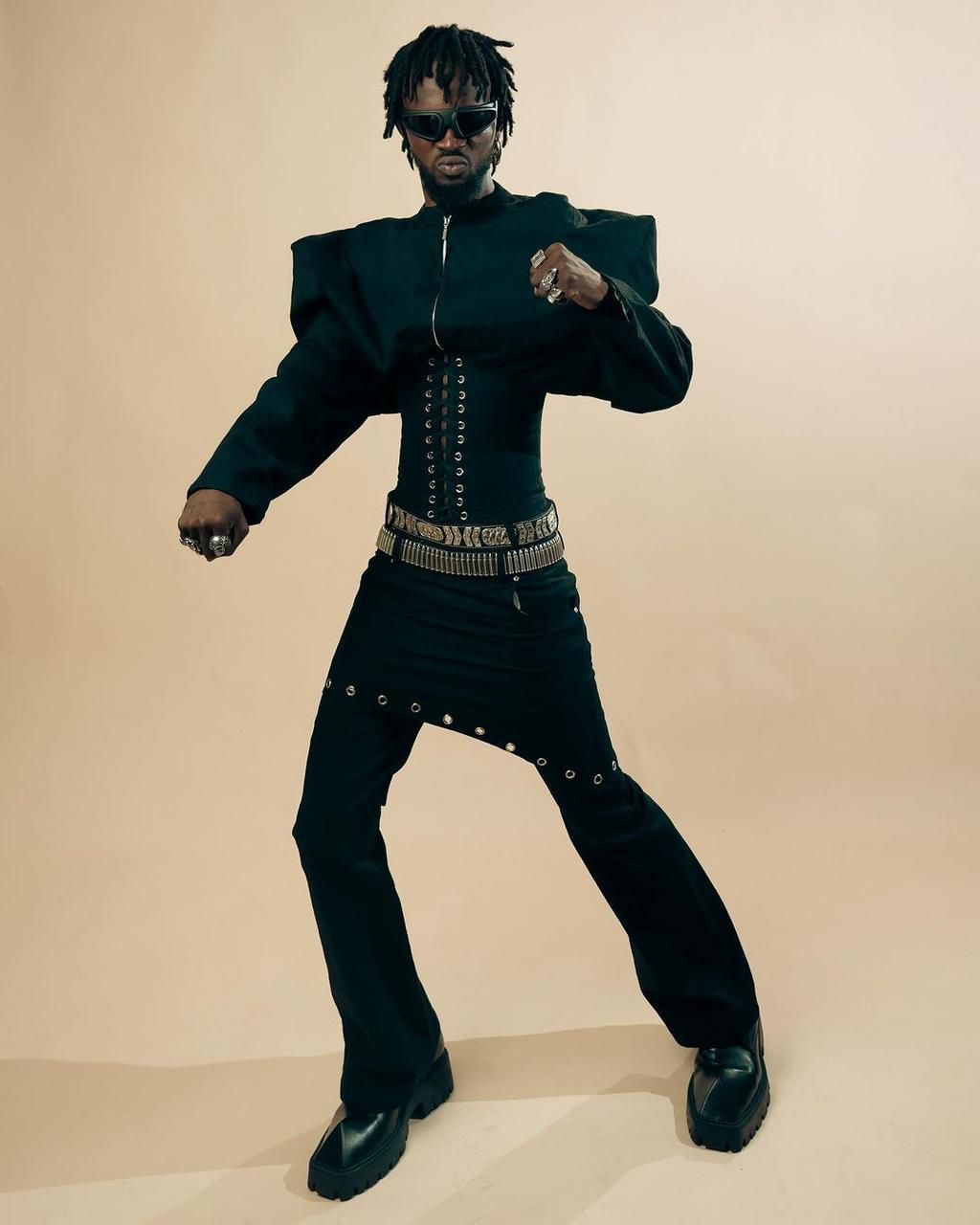Why Ghanaian Artistes Struggle to Break Into Global Stages Despite Their Talent
)
Ghana’s creative industry; spanning music, film, visual arts, fashion, and performance , has long been a hub of talent and influence. From Highlife to Azonto and now Asakaa, the country has shaped Africa’s cultural identity, inspiring countless sounds and movements across the continent. Yet, despite this rich legacy, Ghanaian artists continue to face challenges when it comes to securing slots at major international festivals and shows.
Entertainment Promoter & Creative Director, Willard Bill, has shared insights with Pulse Ghana into why Ghanaian stars are not enjoying the same global spotlight as their Nigerian and South African counterparts. According to him, the problem lies not with one single factor, but with a combination of challenges facing both artists and the wider industry.
Why Aren’t Ghanaian Artists Frequently Booked Internationally?

Bill believes the imbalance is largely structural. “It’s a mix of all three — but I’d weigh it 60% industry, 25% artists, and 15% external organisers,” he explained.
Unlike Nigeria, where there are established booking agencies, experienced talent managers, and structured touring systems, Ghana lacks the machinery to push artists abroad. Without such structures, many musicians miss out on festival slots, label deals, and international tours.
The Power of Branding and Visibility
One of the biggest barriers is branding. “Branding is everything. Some Ghanaian artists may have big hits locally, but they lack the kind of consistent global image that international promoters are looking for,” Bill noted.
International bookers often want acts who can hold a one- to two-hour set packed with songs audiences already know. Having one viral hit is rarely enough. In today’s digital age, global visibility through social media, streaming platforms, and targeted marketing is critical. Without it, promoters see little reason to take risks on Ghanaian acts.
Does Ghanaian Music Have a Global Identity?

Bill acknowledges that Ghana’s sound resonates internationally, but argues it lacks continuity. “We gave the world Highlife, Azonto, and Asakaa — all genres that shaped Africa. But we haven’t built a consistent global identity like Nigeria’s Afrobeats or South Africa’s Amapiano,” he said.
While Ghanaian music connects with audiences abroad, it often fades too quickly due to weak branding and limited global marketing. By contrast, Afrobeats has been packaged as versatile and commercial, easily blending into global pop, R&B, and dance charts.
The absence of robust industry structures remains one of the most pressing issues. “Yes, that’s a huge part of the problem,” Bill admitted.
Many Ghanaian artists continue to self-manage or rely on friends instead of professional managers. Record labels rarely invest in international promotion, and event organisers focus primarily on local shows rather than building global platforms.
Government initiatives, such as the Year of Return, have boosted tourism but have not translated into policies that actively support music as a cultural export. Without wider investment, Ghanaian artists remain underrepresented on international stages.
)
Funding and Sponsorship Challenges
Financing is another significant obstacle. International shows require major investments — from flights and visas to logistics, PR, and promotion. Without strong corporate sponsorship or label backing, most Ghanaian artists cannot fund such ventures.
Bill points to the irony many face: “Some artists are seen as too expensive for their level of global demand, yet at the same time undervalued because their brand hasn’t been built internationally.”
The Importance of International Collaborations
For Bill, collaborations are a game-changer. Nigerian and South African acts have excelled in forging global partnerships, often spending long periods in diaspora-heavy hubs such as London, New York, and Johannesburg.
“Ghanaian artists don’t always invest in those global relationships. They don’t spend as much time networking aggressively with promoters, DJs, and labels abroad. And without those bridges, it’s harder to break through,” he said.
Demand vs Promotion
There is no doubt that Ghanaian music is in demand abroad ,particularly within diaspora communities. But Bill argues that demand alone is not enough. “There is demand ,especially in diaspora communities ,but demand alone doesn’t guarantee bookings,” he explained.
)
The bigger issue lies in a promotional gap. For Ghanaian music to thrive internationally, it must be consistently marketed, distributed, and made visible on platforms like Spotify, TikTok, and YouTube. Without that ongoing investment, even the strongest demand fizzles out.
The Way Forward
READ MORE: 'My property no go lock for EOCO' - Stonebwoy jabs 'settings man' Shatta Wale in new song
Despite these challenges, Bill is optimistic. “Definitely, there are positive signs,” he said. Artists such as Black Sherif, Amaarae, and the Asakaa movement are proof that Ghana can compete globally. Streaming growth is also a signal that international audiences are paying closer attention.
But he insists that structural changes are still required. For Ghanaian artists to increase their international bookings, the industry must:
Strengthen branding and storytelling.
Pursue more international collaborations.
Invest in global marketing strategies.
Engage diaspora audiences through tours.

Secure government and private sector backing.
Conclusion
READ MORE: 'Don’t throw lavish wedding' – Duncan-Williams advises, shares interesting personal story
Ghana stands at a cultural crossroads. The nation has the history, talent, and creativity to dominate global stages, but weak industry structures, limited branding, and funding challenges continue to hinder progress.
Ultimately, the solution is not to sideline foreign involvement but to rebalance priorities so that Ghanaian creatives have the space and resources to thrive. The vision, Bill argues, should be simple: “partnership, not replacement.”
READ MORE: I still can’t believe he’s gone – Naana Donkor Arthur breaks silence on Daddy Lumba’s death
With stronger management, effective branding, and more strategic collaborations, Ghanaian artists have every opportunity to turn their undeniable talent into lasting global influence.
)
)
)
,fit(112:112))
,fit(112:112))
)
,fit(112:112))